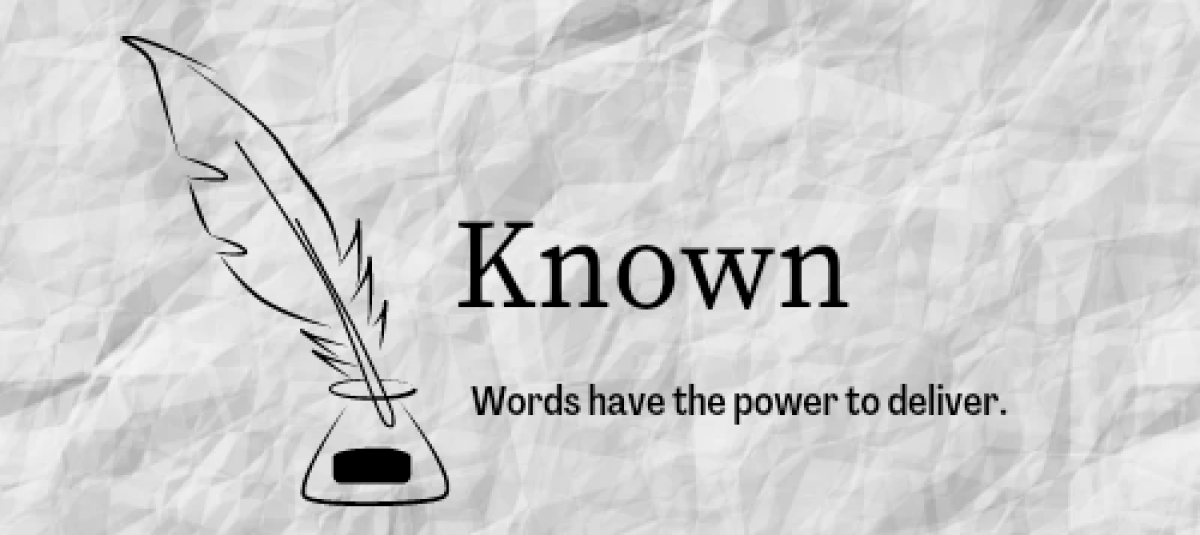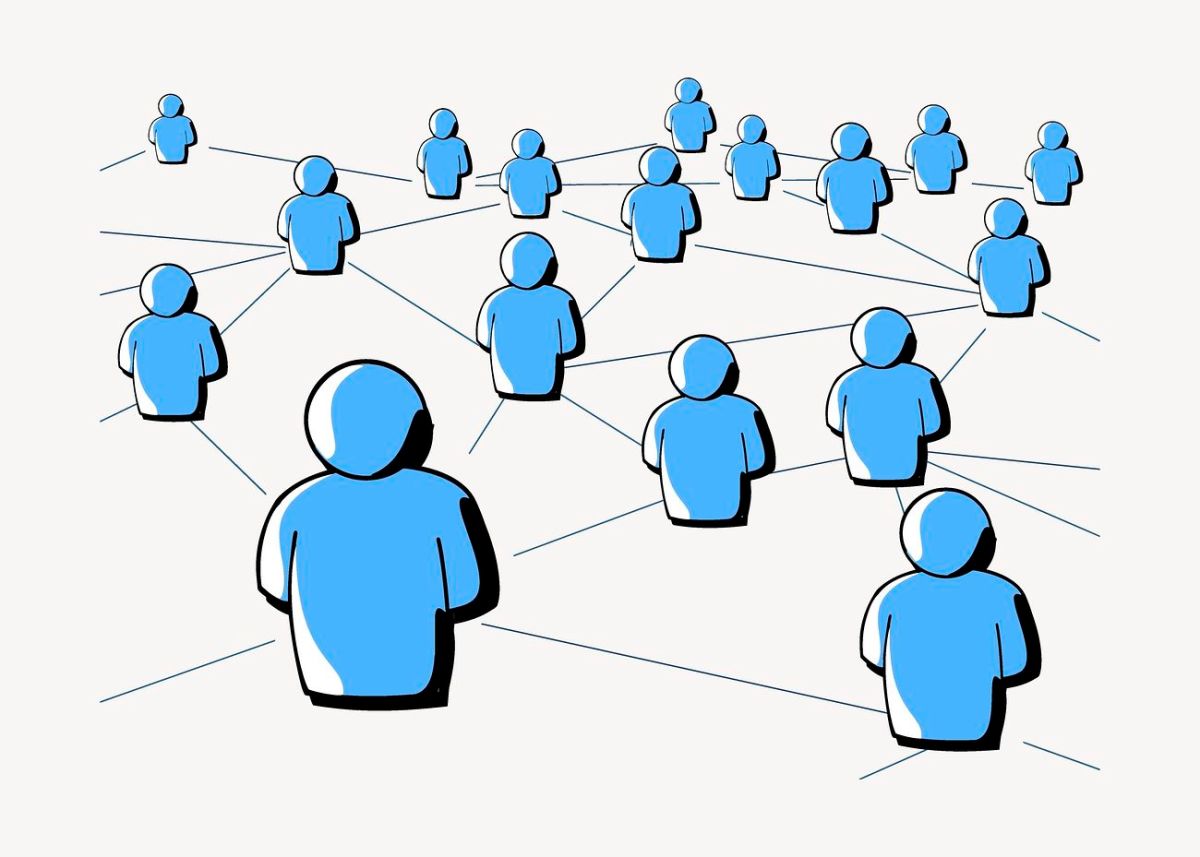If you are active on social media, you would know what fashion haul is. At least once, these fashion haul videos must have popped into your feed. These videos can also be there in your ‘for you’ feed. Well, you might think, what’s the big deal if these videos are there? So let us tell you that, these videos are destroying our environment. Not in a real sense, but hypothetically speaking, these hauls lead to excessive buying of clothes and that leads to the destruction of our environment. A haul is a video that is promotional and, most fashion influencers do it. The company sends them a large number of clothes to try on and review. In return, the influencers get a hefty compensation in money or its kind.
Now, the problem with such a promotion is that it provokes the audience to buy stuff that isn’t even needed by them. These hauls are heavily focused on fast fashion, which on its own is damaging to our nature. Though the hauls are bad for nature, people seem to like those content. The concept to understand here is that hauls are not only bad for our nature but are also for our budget. TikTok is a video content platform and, there are more than 1 billion views on the #clothinghaul hashtag and almost 13 billion views on the #haul hashtag. These numbers show us the reach, these videos have amongst the audience. The famous Shein is one of the most popular companies, in the haul trend. Shein hauls are popular for sure, but they are also driven by a marketing strategy. Shein has an affiliate program for influencers, that pays them a 10-20% commission for the haul post.
Now, let’s talk about the damage, that these fast fashion hauls do to our environment. According to a study, the fast fashion industry creates almost 92 million tons of waste and, consumes around 79 trillion litres of water each year. As an industry, the fast fashion industry is responsible for 1/3rd of all microplastics found in the ocean and, produces almost 20% of global water waste. These numbers will concern you, but the fact is that most of fast fashion’s waste comes from post-production. Textile waste, the waste from unused textiles and old clothes, ends up in landfills. Around 85% of all textiles wind up in landfills every year- equivalent to one garbage truck filled with clothes being dumped in landfills every second. If this doesn’t concern you- which shouldn’t be the case, there’s more than this. The fashion industry is the second largest polluter in the world, after the oil industry. Well, if you are thinking that, then why is it always the fashion industry that is being targeted? Then the reason is that fashion is a want and not a need. An excessive amount of clothing is harming the environment and also your bank account (read: month-end balance).
The wastewater that this fast fashion industry produces, has toxic substances in it like lead, mercury, and arsenic. These substances are extremely harmful to aquatic life- where these substances are released, and also to millions of people who live by the river banks. A huge quantity of freshwater is used for dyeing and other processes, which leads to a shortage even more. To this, cotton needs a lot of water to grow, up to 20,000 litres of water is needed to produce 1kg of cotton. Another contributor to pollution is chemicals. They are used in every process, right from dyeing to result. The fashion industry also accounts for 10% of global carbon emissions. It is also seen that the fashion industry has a major part in the degradation of soil.
Apart from these environmental issues, there also exist some societal issues. The workers in the fashion industry are compensated very less and, and they work for a crazy amount of time. This is to keep up with the trends and deliver the clothes within the shortest period possible. This makes them a slave to the time, and they often end up getting burned out mentally and physically. The fast fashion and haul culture also give rise to the flex culture. Youngsters are on a quest to always have the trendiest clothes and also an excessive amount of clothing to wear.
When there is a will, there is a way. So, the solution to this problem/disaster lies in acknowledging the harm that it is creating and, showing some willingness to change. Change isn’t difficult in today’s world, where nearly everything and anything has a cool alternative available. We just need to be mindful and choose sustainable options rather than convenient options.


